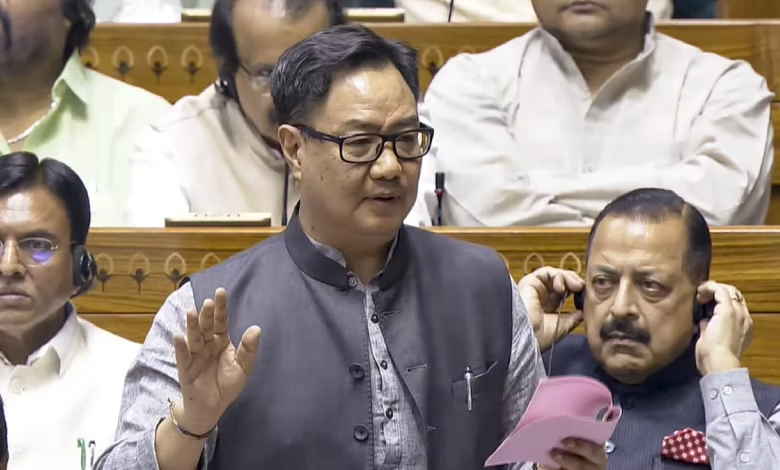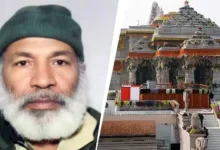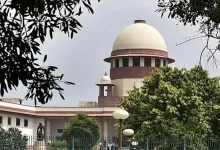
On April 2, 2025, Union Minister for Minority Affairs Kiren Rijiju introduced the Waqf (Amendment) Bill, 2025, in the Lok Sabha. Backed by a Joint Parliamentary Committee (JPC), the bill is now under review for discussion and approval.
The proposed law focuses on enhancing Waqf asset management by introducing technology-based systems, resolving longstanding issues, and ensuring greater transparency.
Speaking in the Lok Sabha, Rijiju described the JPC’s consultation process as the most extensive ever conducted by a parliamentary panel in India’s democratic history. He revealed that the committee received over 97.27 lakh petitions and memorandums—submitted both physically and online—and reviewed each one before finalizing its report.
The minister noted that 284 delegations, including Waqf boards from 25 States and Union Territories, offered their insights on the legislation. Contributions also poured in from legal experts, charitable organizations, academics, religious leaders, and other stakeholders.
Amid opposition uproar, Rijiju emphasized that the government has no intention of interfering with religious institutions. He explained that earlier amendments by the UPA government had given Waqf law precedence over other statutes, prompting the need for these new changes.
Rijiju accused the opposition of misleading the public on matters unrelated to the bill, clarifying that it deals strictly with property issues and carries no religious agenda.
Key Provisions of the Bill
- Trust Classification: Trusts set up by Muslims under any legal framework will no longer be recognized as Waqf, preserving full control over these entities.
- Property Dedication Rules: Only Muslims practicing the faith for at least five years can dedicate property to Waqf, reverting to pre-2013 regulations.
- Inheritance Rights: Women must secure their inheritance before any property is declared Waqf, with special safeguards for widows, divorced women, and orphans.
- Investigations: An official ranking above a collector will probe government properties claimed as Waqf.
- Dispute Resolution: A senior government official will hold final authority in disputes over whether a property belongs to Waqf or the government, replacing the current Waqf tribunal system.
- Inclusivity: Non-Muslim members will join central and state Waqf boards to promote broader representation.
Earlier, Lok Sabha Speaker Om Birla dismissed opposition claims that the government lacked the authority to introduce new provisions in the amended bill.
Union Home Minister Amit Shah highlighted that the bill followed an exhaustive consultation process led by the JPC. He noted that it was first presented in August 2024 and referred to the committee for in-depth review at the House’s request.
The Union Cabinet approved the JPC’s report before the bill reached the Lok Sabha floor. Shah praised the committee’s democratic approach, contrasting it with past Congress-led panels, and stressed its adherence to proper procedures.




